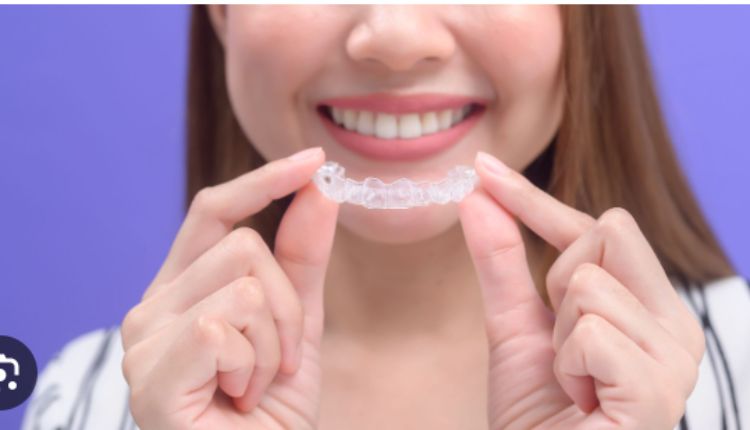Understanding The Different Types Of General Dentistry Procedures
When it comes to maintaining oral health, understanding the different types of general dentistry procedures is vital. Each procedure has its own role in keeping teeth and gums healthy. Whether it’s a routine cleaning, a filling, or an extraction, each service plays a part in oral care. A Lawrence Medicare dentist can offer these essential services to ensure both oral health and overall well-being. General dentistry focuses on preventive care, early diagnosis, and treatment of common dental issues. It involves three primary areas: preventive care, restorative treatments, and regular check-ups. Preventive care includes cleanings and advice on oral hygiene. Restorative treatments fix problems like cavities or damaged teeth. Regular check-ups help monitor oral health and catch issues early. Understanding these procedures not only helps in maintaining a healthy smile but also in making informed decisions about dental care. Let’s explore these in more detail.
Preventive Care
Preventive care is the cornerstone of general dentistry. It aims to maintain oral health and prevent issues before they start. Common preventive measures include:
- Professional cleanings
- Fluoride treatments
- Sealants
Professional cleanings remove plaque and tartar that regular brushing might miss. Fluoride treatments strengthen teeth and protect against decay. Sealants are thin coatings applied to molars to prevent cavities. These simple procedures can have a big impact on long-term dental health.
Restorative Treatments
Sometimes, despite preventive efforts, dental issues occur. Restorative treatments address these problems, helping restore oral health. Key restorative procedures include:
- Fillings
- Crowns
- Bridges
Fillings repair cavities by filling the decayed area with a durable material. Crowns cover damaged teeth, providing strength and protection. Bridges replace missing teeth by anchoring them to surrounding teeth. These treatments not only restore function but also improve the appearance of your smile.
| Procedure | Purpose | Benefits |
| Fillings | Repair cavities | Prevent further decay |
| Crowns | Cover damaged teeth | Enhance strength and appearance |
| Bridges | Replace missing teeth | Restore function and look |
Regular Check-Ups
Regular check-ups play a crucial role in maintaining dental health. During these visits, dentists can:
- Detect early signs of problems
- Monitor oral health changes
- Provide personalized advice
Early detection is key in addressing potential issues promptly. Regular visits also allow for personalized advice on maintaining a healthy smile. According to the CDC, regular check-ups can prevent issues like gum disease and tooth decay.
Other Common Procedures
Beyond the basics, general dentistry also covers other essential procedures. These include:
- Extractions
- Root canals
- Orthodontic assessments
Extractions remove problematic teeth to prevent further issues. Root canals treat infected teeth, saving them from extraction. Orthodontic assessments help identify alignment issues early. These procedures ensure comprehensive care for all aspects of dental health.
Importance of Understanding Procedures
Understanding general dentistry procedures empowers you to make informed decisions about oral health. Knowledge of what each procedure entails helps reduce anxiety and build trust with dental professionals. It also allows for better communication with your dentist, enabling you to express concerns and preferences. The National Institute of Dental and Craniofacial Research provides resources to help understand these procedures better.
Conclusion
Keeping a healthy smile involves a variety of general dentistry procedures. From preventive care to restorative treatments and regular check-ups, each plays a crucial role. By understanding these procedures, you ensure that your dental care is comprehensive and tailored to your needs. This knowledge not only helps in maintaining optimal oral health but also encourages proactive care. Remember, regular visits and open communication with your dentist are key to a lifetime of healthy smiles.
